Healing humans and saving the planet may well be a dream come true – especially when you are 19 and there is no limit to your hopes and aspirations.
“Biology is fascinating because it enables us to peek inside a living cell, to see what goes on inside it at a molecular level and understand the world we are living in,” says Petar Zhotev from the Sofia High School of Mathematics. 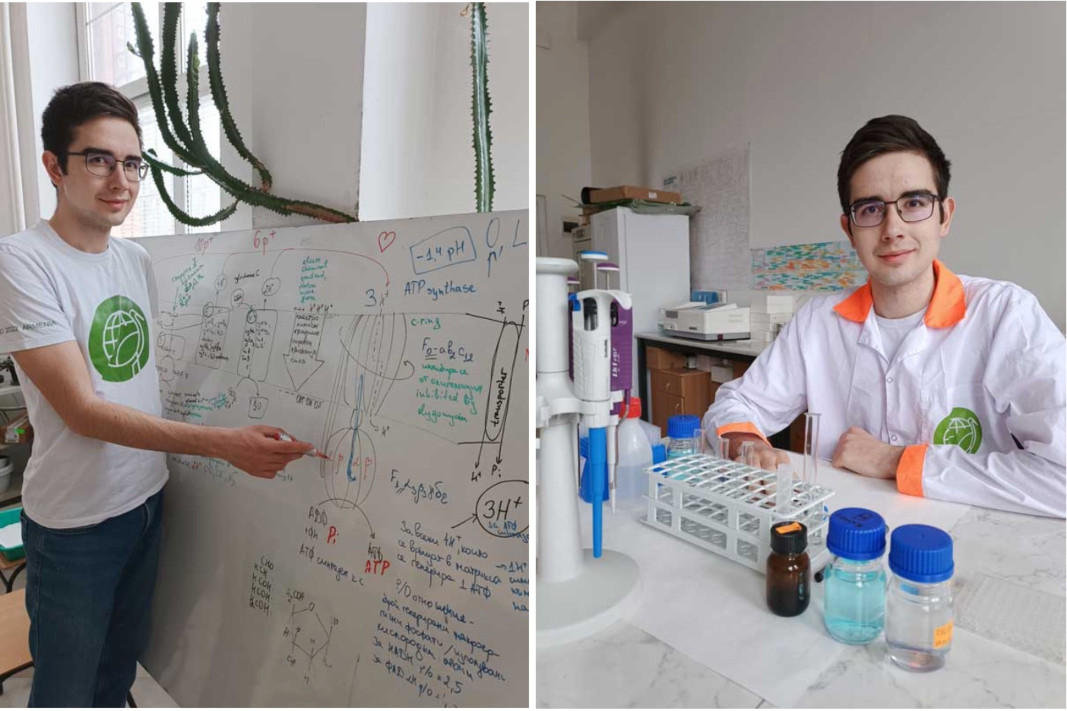
Petar Zhotev has been accepted to Trinity College in Cambridge where he will be doing natural sciences in the course of three years. The future scientist developed a fascination for natural sciences when he was in 7th grade, when his biology teacher Miglena Georgieva encouraged him to take part in a national biology competition. So, he had to go through the biology text books for the 8 and 9 grade in a hurry, so he could be equal to the older students. That was how he won his first silver medal - and he has never looked back. This was followed other achievements – a silver medal at the European Union Science Olympiad, and a presentation of a project of his at the EU Contest for Young Scientists. “It doesn’t matter how many medals you’ve won, what matters is the experience accumulated because during a competition you get to learn new things in your chosen scientific field, but you also meet people of different nationalities and acquire teamwork skills,” Petar Zhotev adds.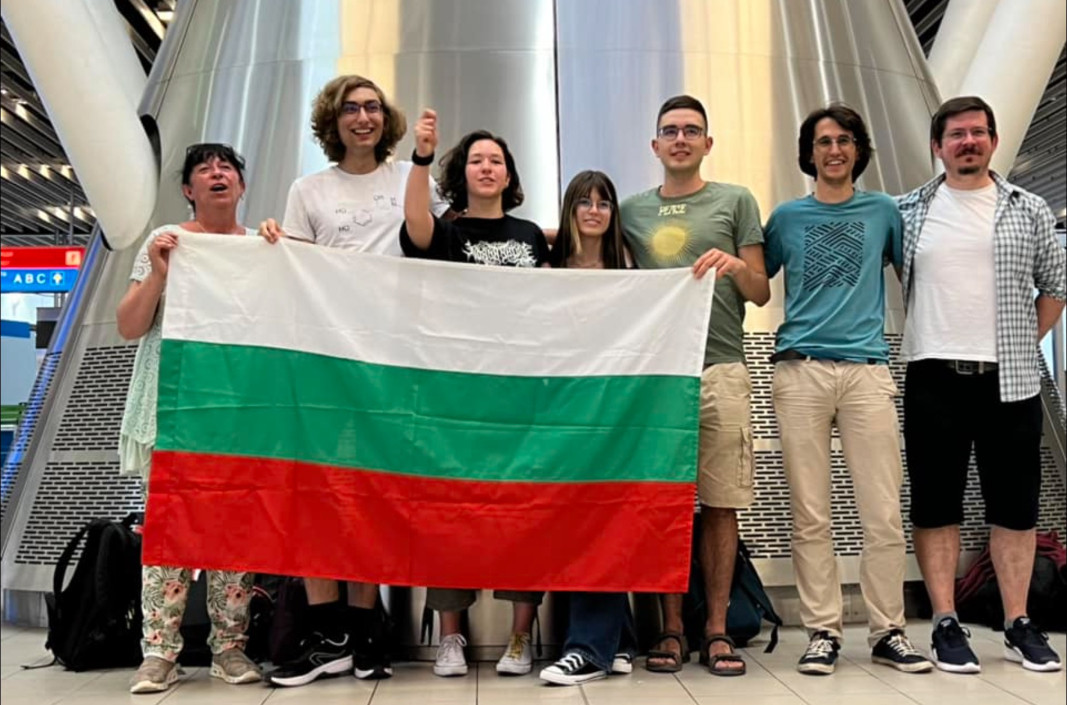
At the moment the gifted young man is taking part in the International Biology Olympiad in the United Arab Emirates where he is hoping to perform better than last year – when he won a silver medal – and this time win the gold. To this end he and his team-mates have been working with lecturers from the St. Kliment Ohridski University in Sofia.
“The four top-performing biologists from each country quality for the Olympiad,” he explains. “But we first had to pass the three rounds of the national biology Olympiad, and then the additional selection at Sofia University. As to the gold medal – yes, I am expecting to do better and will try for the first place, though, of course, I can guarantee nothing.”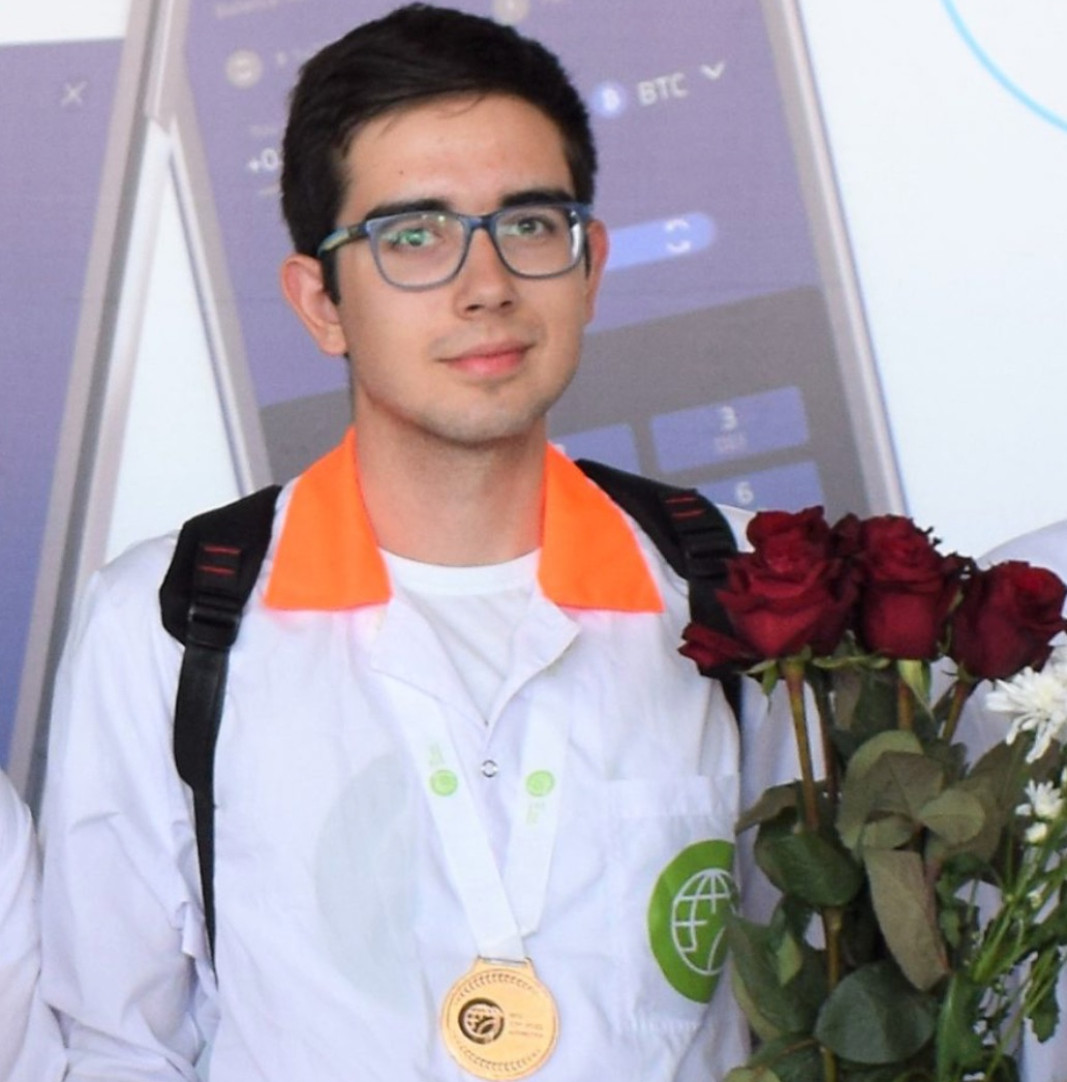
In the course of a year, Petar Zhotev worked with researchers from the Bulgarian Academy of Sciences on a very important research project connected with livestock breeding.
“The idea is to select the gender of domestic animals – sheep, cows etc. – before they are born,” he explains. “And as the females of the species are more useful for milk, that would boost effectivity in agriculture. This technology is now being tested on animals, and if the experiments are successful we are going to patent it. I myself was involved in the laboratory work that tested whether a given substance is able to separate the spermatozoids of the animals into those that will give male offspring and those that will give female. This stage was a success, so we continued with testing animals and that is under the control of the scientists from the Bulgarian Academy of Sciences.”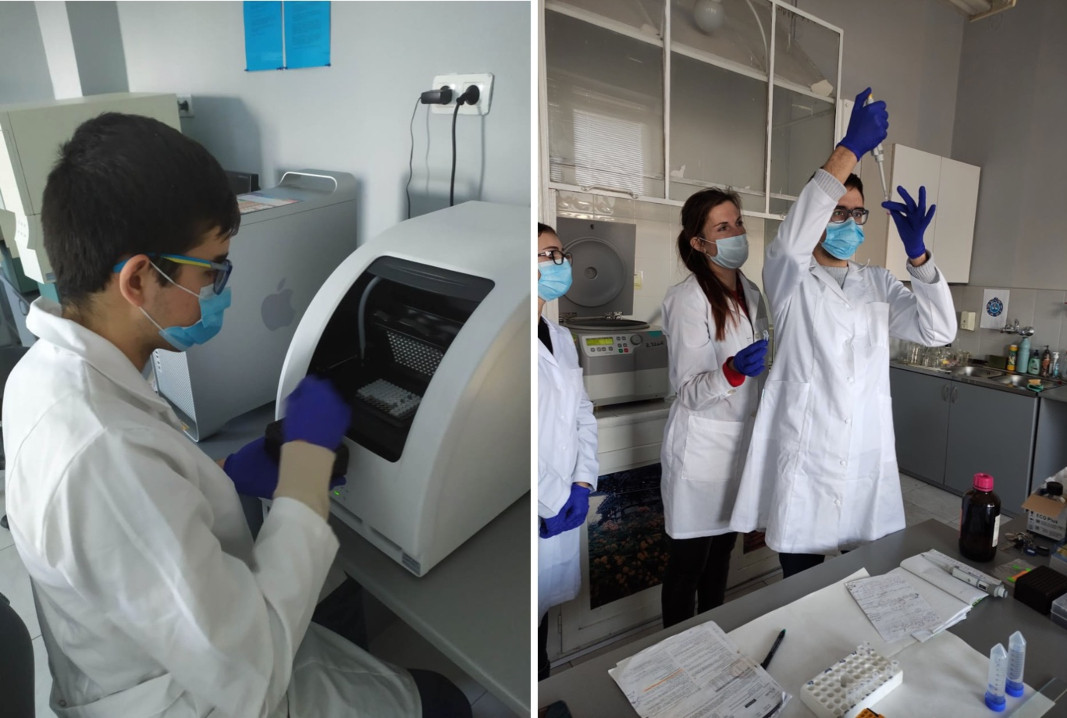
Petar Zhotev is hoping to one day work in the sphere of molecular biology and genetics, and contribute to the development of new medicines against diseases like cancer, and to the discovery of new biotechnologies that will help combat climate change and pollution. He still doesn’t know where he is going to try and make his dreams come true, but he says that sooner or later he is going to bring what he has learnt back to Bulgaria in gratitude to the people who have helped him. In the meantime, following the example of the people who have inspired him – “all inventors, discoverers, researchers who take a plunge into things unknown and undiscovered”, he is going to make the best of his studies at Cambridge.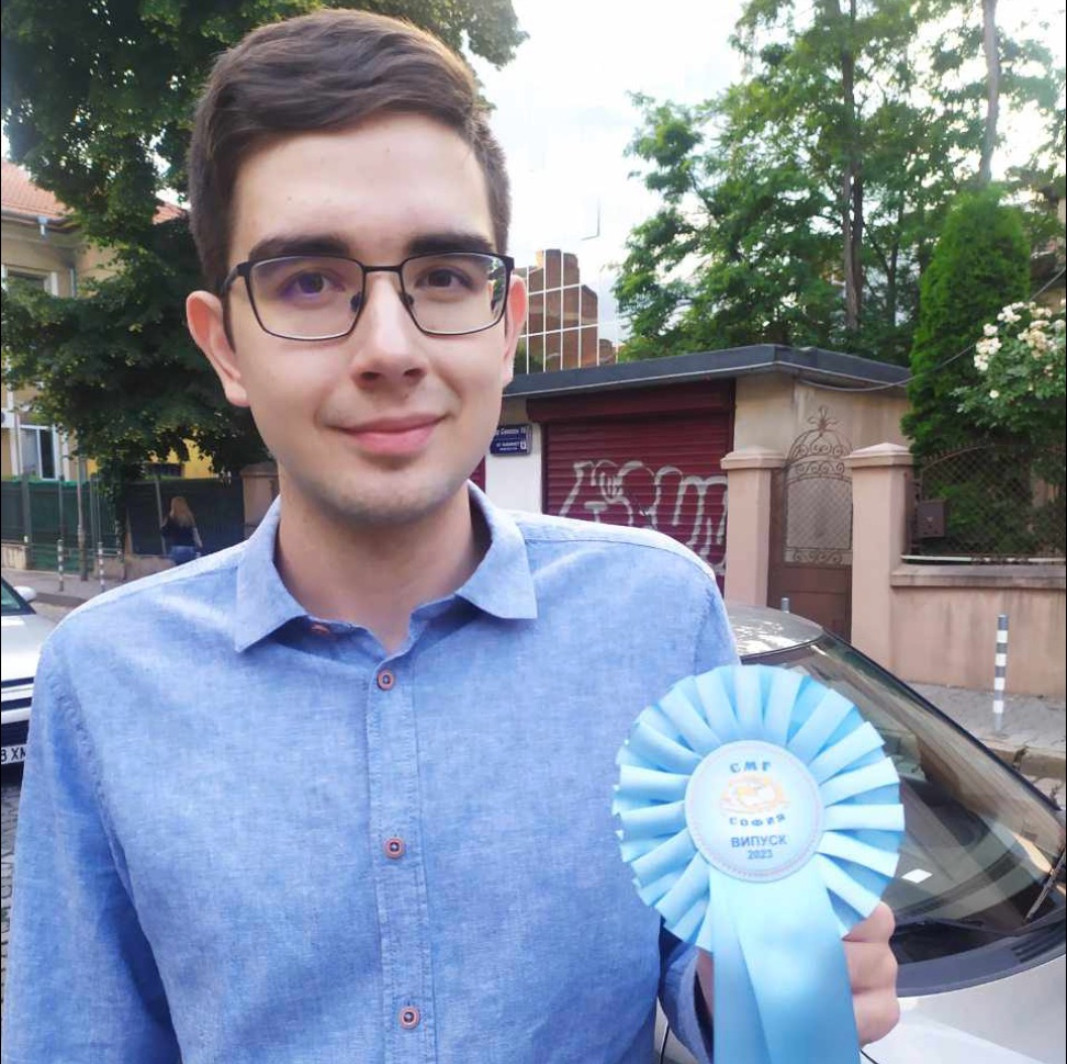
“I wouldn’t say I have set myself some kind of limitation. For now, it is just onward and upward,” says the future student of Trinity College, which has given the world the brilliant minds of Isaac Newton and Charles Darwin, plus 121 Nobel prize winners.
Translated from the Bulgarian and posted by Milena Daynova
Photos courtesy of Petar Zhotev
Alexandra-Yoana Alexandrova, an actress, singer and model with impressive looks, musical talent and a vibrant stage presence, was in Sofia at the end of July and beginning of August, performing the role of Cosette in the popular musical Les Misérables..
Louisa Wanbal is employed at the German Federal Ministry for Economic Affairs and Energy . What connects this young German woman to Bulgaria is her love of the Bulgarian language. Although she studied French language and culture at university , she..
"I never had the desire to emigrate, but shortly after our wedding I accompanied my husband to Manchester, where he was sent for specialization," says architect Eva Popnedeleva , recalling the beginning of her extremely interesting life story...
I come to Bulgaria to recharge myself with new feelings - this is what Desislava Tsvetkova shares with us. She spent 14 years in the capitals of the..

+359 2 9336 661
